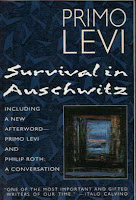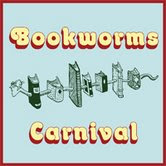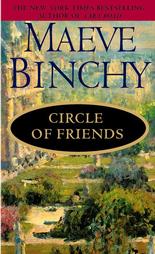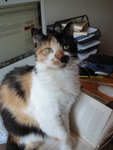Cat's Eye - Margaret Atwood
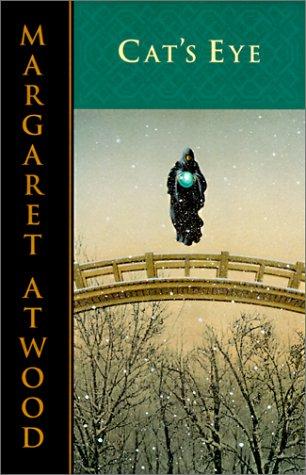 Title: Cat's Eye
Title: Cat's Eye
Author: Margaret Atwood
Country: Canada
Year: 1988
Rating: A-
Pages: 462 pgs.
First sentence: Time is not a line but a dimension, like the dimensions of space.
In the winter, I dream of sandy beaches and lemonade. In the summer, it's that first snowstorm and hot apple cider. So there was nothing better to read about on a humid July day in the middle of a never-ending heat wave than a girl growing up in the cold, Canadian winters. I was delighted at the talk of snowpants, mittens, and wool caps; snow angels; and snowball fights. For much of Cat's Eye was a retrospective look into the post-WWII childhood of the central character, Elaine Risley.
Cat's Eye is the story of Elaine Risley, who returns to Toronto after a long absence, for a retrospective of her art. Her story is split into past and present, as Elaine yearns to reconcile her memories with the woman she has become.
Margaret Atwood is known for her varied story-telling, but Cat's Eye continues an exploration that is common to her work: a not-to-strong central female character, who is delving into her past, in an attempt to understand her present place in this world. Elaine's story is imbued with Atwood's critical and thoughtful statement of childhood, examining the turmoil and strife that accompanies girls as they grow up--especially what they do to each other.
One thing that always draws me to Margaret Atwood's novels is her vivid characterizations, and this story is no exception. At the end, I feel like I know Elaine, Elaine's mother and father, her best friend Cordelia, and many of the other women in the novel. I am always sad to turn the last page, to be at the end. Which is why I always come back to her books for seconds. It's like greeting an old friend.
'My brother and I stand at the end of a ramshackle dock beside a long blue craggy lake. It's evening, with a melon-coloured sunset, loons calling in the distance, the drawn-out rising note that sounds like wolves.' (p. 71)
'Most mothers worry when their daughters reach adolescence, but I was the opposite. I relaxed, I sighed with relief. Little girls are cute and small only to adults. To one another they are not cute. They are life-sized.' (p. 129)
' "What's with her?" says the painter.
"She's mad because she's a woman." Jon says. This is something I haven't heard for years, not since high school. Once it was a shaming thing to say, and crushing to have it said about you, by a man. It implied oddness, deformity, sexual malfunction.
I go to the living room doorway. "I'm not mad because I'm a woman," I say. "I'm mad because you're an asshole." (p.377)



